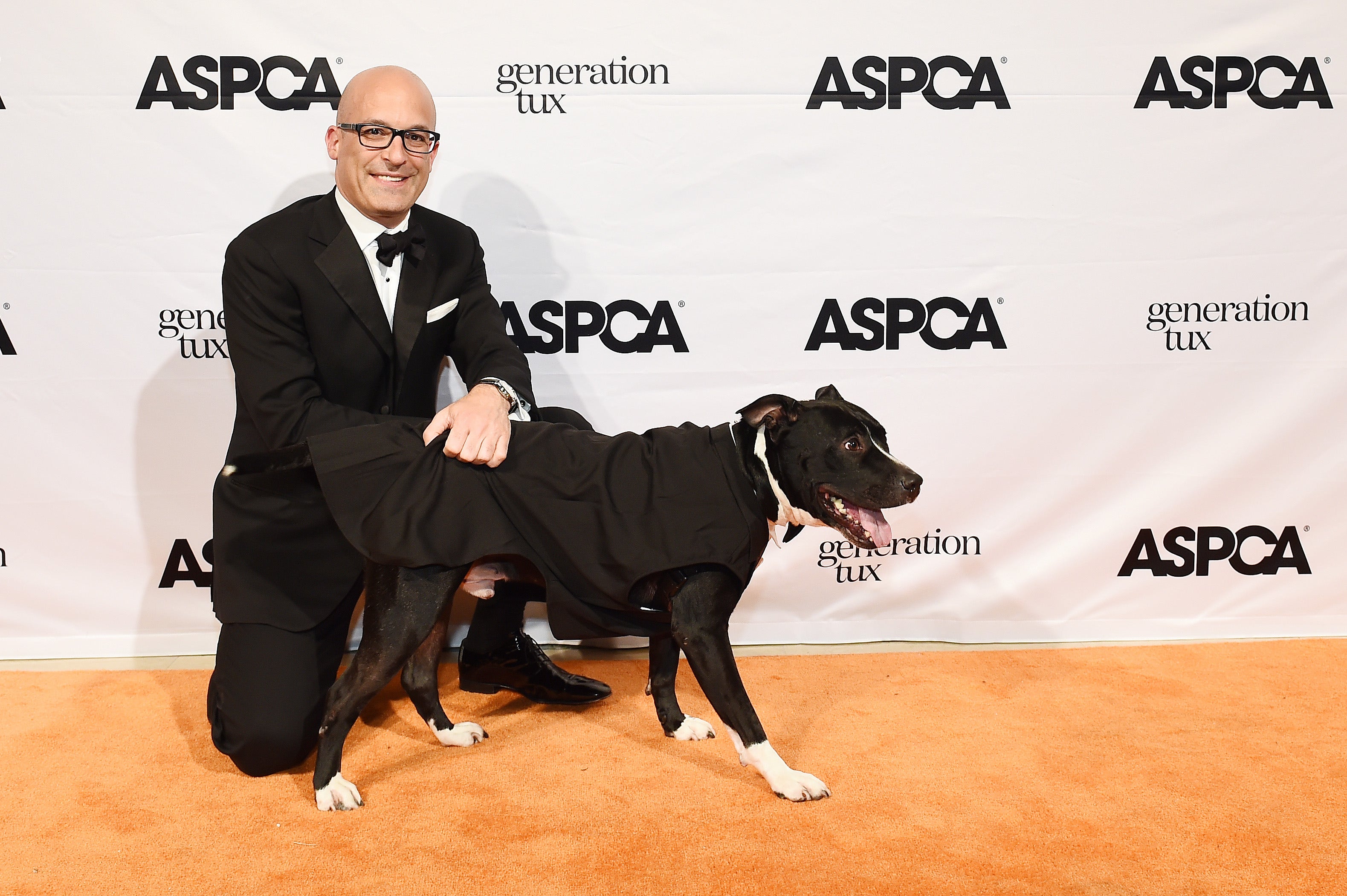wader
Well-Known Angler

Talk grows of mega predator off Australia, but the grim reality may be more sobering
The attacks have happened over the past four years.
Follow along with the video below to see how to install our site as a web app on your home screen.
Note: This feature may not be available in some browsers.


it's a sad & strange commentary of where we are as a society - don't know why she would do this to herself - she looks like an idiot but apparently no one had the nerve to tell her so - might have saved her at some pointIt's crazy time in a crazy world....

Kim Kardashian lookalike and OnlyFans model dies of cardiac arrest after plastic surgery
A Kim Kardashian lookalike and OnlyFans star died of cardiac arrest following a plastic surgery procedure.nypost.com
View attachment 62065
it's a sad & strange commentary of where we are as a society - don't know why she would do this to herself - she looks like an idiot but apparently no one had the nerve to tell her so - might have saved her at some point
This is what every broad from Brentwood wants to look like.It's crazy time in a crazy world....

Kim Kardashian lookalike and OnlyFans model dies of cardiac arrest after plastic surgery
A Kim Kardashian lookalike and OnlyFans star died of cardiac arrest following a plastic surgery procedure.nypost.com
View attachment 62065


I'm squirming in my seat reading that......................
that's why we have a spareI'm squirming in my seat reading that......................


ASPCA gives 2% of budget to pet shelters while 'hoarding' millions, pushing 'anti-farmer' agenda: think tank
One of the country's most prominent animal welfare groups is sitting on hundreds of millions of dollars while giving 2% of its budget to pet shelters, according to a new report.www.foxnews.com
The ASPCA has become a household name through its tear-jerking commercials showing images of abused dogs and cats in need of help with Sarah McLachlan singing a sad song in the background. According to CEW, however, the ASCPA is focused more on enriching itself and pushing a radical political agenda than helping pets in need.
Hubbard highlighted how only 2% of the ASPCA budget is given as grants to community pet shelter, using a figure from a new CEW report that cites the ASPCA's most recent tax filings as the source of its numbers.
At the same time, according to CEW, the ASPCA in 2021 had $390 million in revenue and $575 million in assets, including $310 million in investments and $105 million in savings. Perhaps most striking, the animal welfare group has about $11 million in offshore accounts in the Caribbean, while tax filings show ASPCA CEO Matt Berkshadker rakes in nearly $1 million a year and 259 of his employees make six figures.
Hubbard called for Berkshadker to cut his salary in half and for ASCPA to distribute its roughly $300 million investments to local shelters "on the front lines of saving animals," arguing people should donate their money to them, not the ASCPA, if they wish to help pets in need.


Since a 2003 study found evidence that Genghis Khan’s DNA is present in about 16 million men alive today, the Mongolian ruler's genetic prowess has stood as an unparalleled accomplishment.What the .................

Prolific sperm donor with over 500 children must pay $110K if he donates again, court rules
Jonathan Jacob Meijer told mothers that he had adhered to legal limits on sperm donation even though he had already fathered hundreds of children in the Netherlands.www.yahoo.com
I wonder what their annual advertising budget is.



